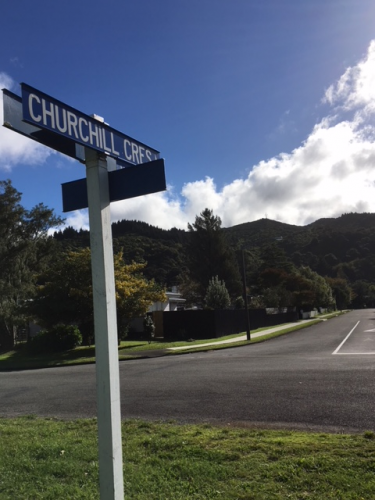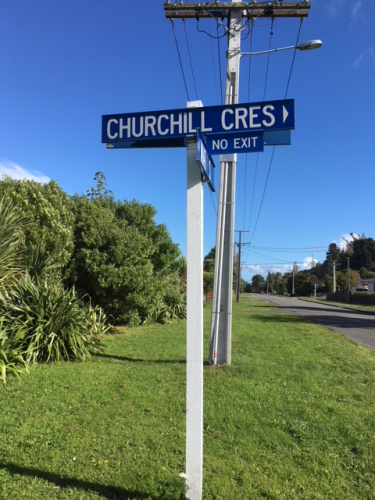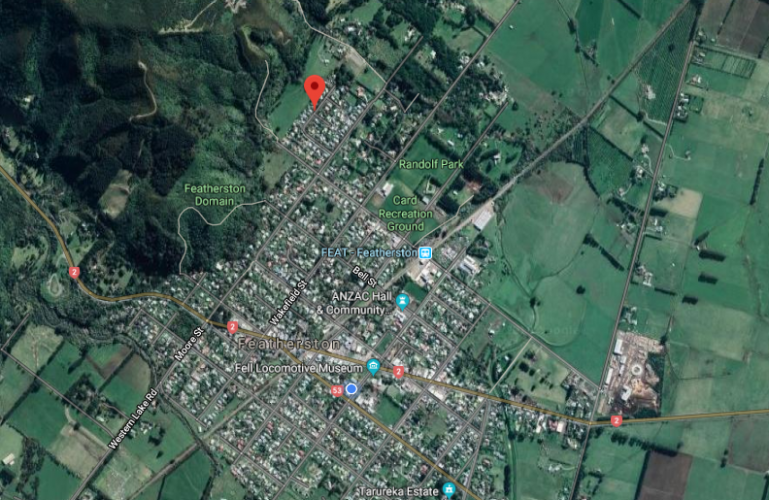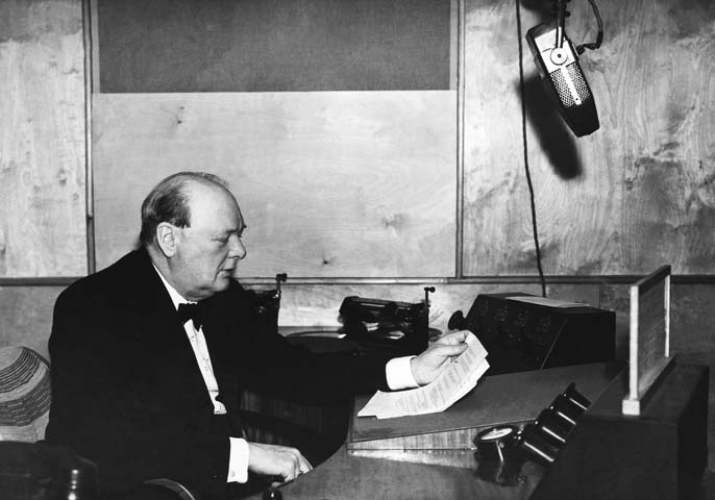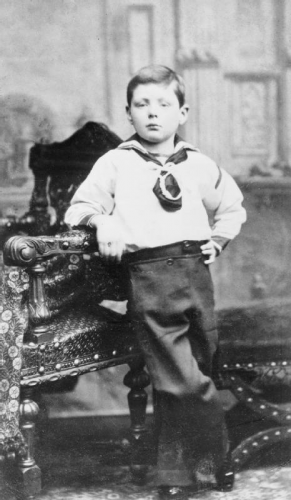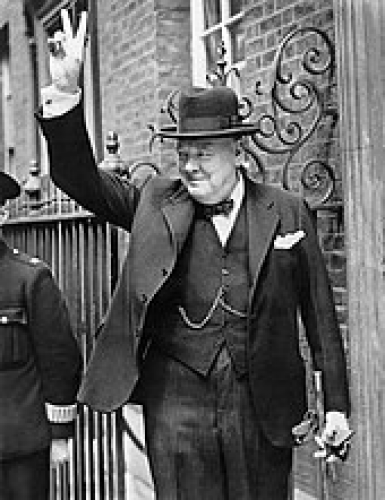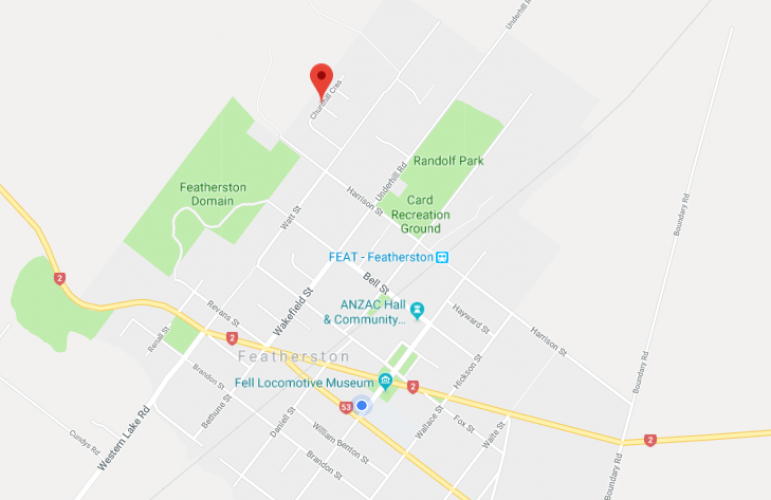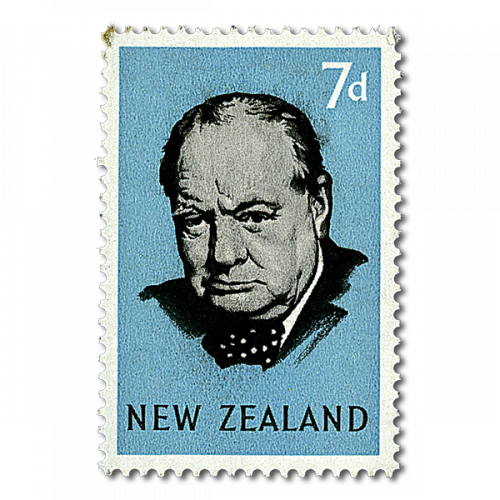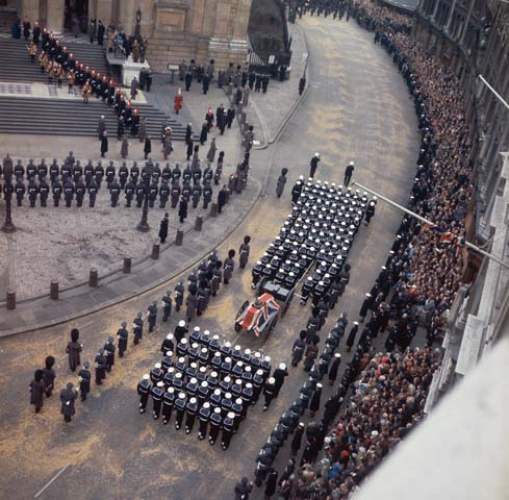109 Churchill Cres Featherston, street scene 2017
Reason for the name
Churchill Crescent is named in honour of Winston Churchill, Britains greatest 20th Century leader, best remembered for his inspirational and courageous leadership during World War Two.”
Through World War Two, Winston Churchill had a good relationship with our Prime Minister Peter Fraser. He was very grateful for New Zealand’s efforts in the war. There are many places in New Zealand that are named after him and in 1965 we even dedicated a stamp to him.
Authors: Aleisha Ball and Maya Dias (St Teresa’s School students) Carrie Watson (Teacher)
Winston Spencer Churchill was born on November the 30th, 1874 in Oxfordshire in England.
At the age of 7 Winston hated his first school because his teacher bet him up and he didn’t have enough to eat but, even though he hated school, he did pass some of his exams. His second school was by the beach where he learned to swim and ride horses. In 1888, he went to Horrow School, a famous public school
Winston liked to read a lot of books and he liked history, learning poems off by heart and fencing. His writing was very bad, and he was usually late for class, and he lost his books ( poor Winston). He wrote letters to home asking for pocket money and a jam and cake.
In 1893, Winston went to the army college at Sandhurst. He wanted to be a soldier in the cavalry which was against his father’s wishes for him. 1895 was a very sad year for Winston. His father died and so did his nurse. Winston went to America and Cuba. He started writing for newspapers about his adventures.
Winston was in South Africa in 1898 as a newspaper report and he was captured by the Boers who were fighting the British. He escaped by climbing out of a window and hiding on a train. In 1900 he was elected as a member of Parliament and in 1908 he married Clementine Hozier.
Soon Winston was in the Governent. In 1910 he was the Home Secretary and in 1911 he took charge of the Royal Navy, the biggest in the world.
In 1914, World War I began. Churchill wanted the Navy to win battles. But in 1915 his plan for an attack on Turkey, which we know as the Anzac Campaign went badly wrong. Many British, Australian and New Zealand soldiers died. Because of this Churchill resigned and he went to fight in France as a soldier.
By 1917 he was back in the Government. He was in charge of new weapons. He was excited by the new tanks. Tanks helped win the war by 1918.
In the 1930s, Churchill said Britain must get ready for a new war. Germany's leader Adolf Hitler was a danger to peace. But because Churchill was not in the government any more people did not take any notice of his warnings.
In 1939, Germany attacked Poland. Britain and France went to war with Germany. This was the beginning of World War Two. Churchill was put in charge of the Navy again. But the war went badly and by 1940, France was beaten and Britain was in danger of being invaded.
In May 1940, Winston Churchill became Prime Minister. He used radio to tell the world Britain was not beaten. His speeches helped keep up people's spirits. 'We shall never surrender' is a phrase that he was well known for.
Churchill led Britain through the Battle of Britain and the Blitz. He walked through towns damaged by bombs. He met pilots, sailors and soldiers. He visited factories. Everywhere he went he gave the 'V for Victory' sign. When the war in Europe ended in May 1945 the crowds cheered Churchill and he stood with the King and Queen.
Britain had another election and Churchill’s party lost so he was not the Prime Minster any more but he stayed the leader of the Conservatives and in 1951 they won the election and Winston Churchill became Prime Minister again at the age of 76.
In 1953, Elizabeth II was crowned Queen. Churchill became Sir Winston Churchill. He was given the Nobel Prize for Literature, for his history books.
Winston Churchill died on 24 January 1965. His funeral was a state funeral. an honour usually for the Royal family, and was attended by many world leaders.


